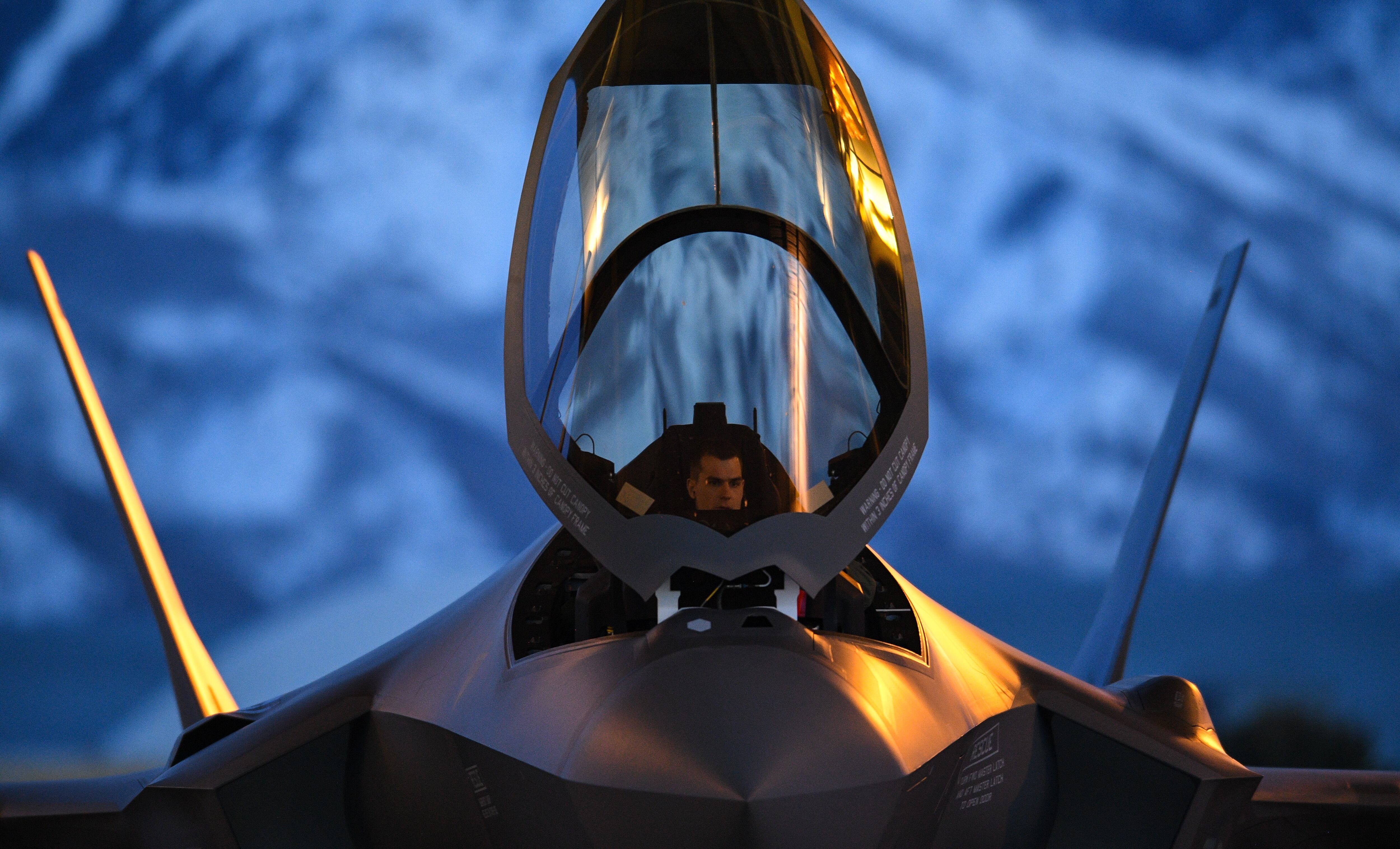WASHINGTON — The next deal between the U.S. government and F-35 fighter jet manufacturer Lockheed Martin is expected to be finalized by July, potentially putting the contract announcement around the time of a major annual air show.
“We continue to negotiate, and in fact we are hoping to wrap up here very shortly,” Ellen Lord, the Pentagon’s top acquisition official, said about the Lot 12 negotiations during a Friday briefing with reporters. “We would like to have a contract award in the June/July time frame.”
That time frame could match up with the Paris Air Show, held this year June 17-23. The event is set to be one of the largest global air shows for 2019. It is common for the Pentagon to announce an initial agreement before contracts are signed, and many of the F-35 partners are expected to be in attendance at the event.
The Lot 11 agreement brought the price per F-35A down to less than $90 million for the first time, and Lord expressed her belief that costs should continue to go down in Lot 12.
RELATED

The Defense Department considered a multiyear contract to cover lots 15, 16 and 17, but Vice Adm. Mat Winter, the F-35 program head, seemed to throw cold water on that during a recent hearing, saying that “to date, the return on investment provided by our industry partner in regards to a multiyear procurement does not support proceeding with this acquisition approach.”
For her part, Lord called it “premature” to discuss what may happen in those future lots, adding: “I’m not sure I would call [a multiyear deal] a goal. It’s under consideration. There are questions about the benefits of doing that as well as the negatives of doing that … any decision I make will be a data-driven decision.”
Lord also indicated the next two years of procurement plans may be impacted if a spat between the U.S. and Turkey over its future participation in the F-35 program boils over.
The Trump administration and members of Congress have threatened Turkey’s participation in the program should it go through with a planned procurement of a Russian anti-air system; for their part, Turkish officials have said the plan to procure the S-400 is a “done deal.”
Asked what impact losing Turkey as an industrial partner could have on the overall program, Lord said: “We see a potential slowing down of some deliveries over the next two years, some potential cost impacts, but right now we believe we can minimize both of those and are working on refining them.”
Aaron Mehta was deputy editor and senior Pentagon correspondent for Defense News, covering policy, strategy and acquisition at the highest levels of the Defense Department and its international partners.







